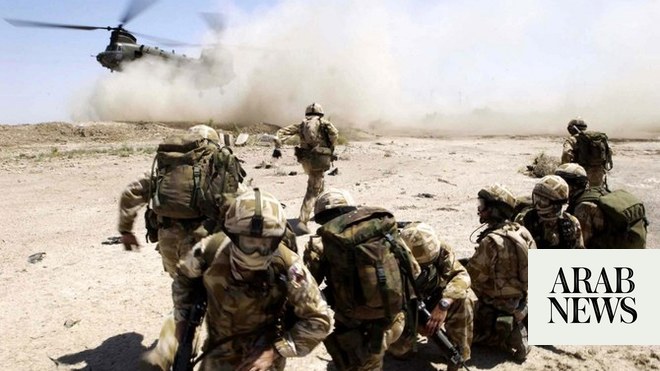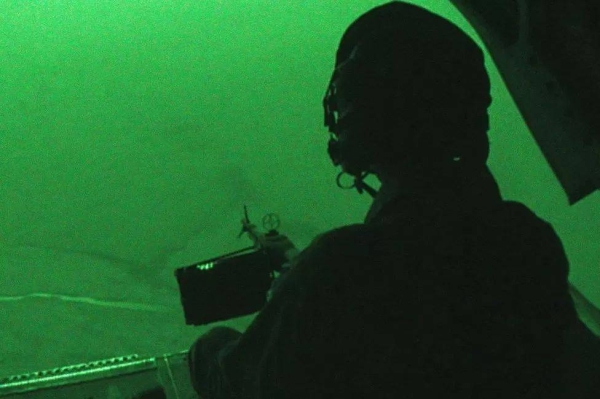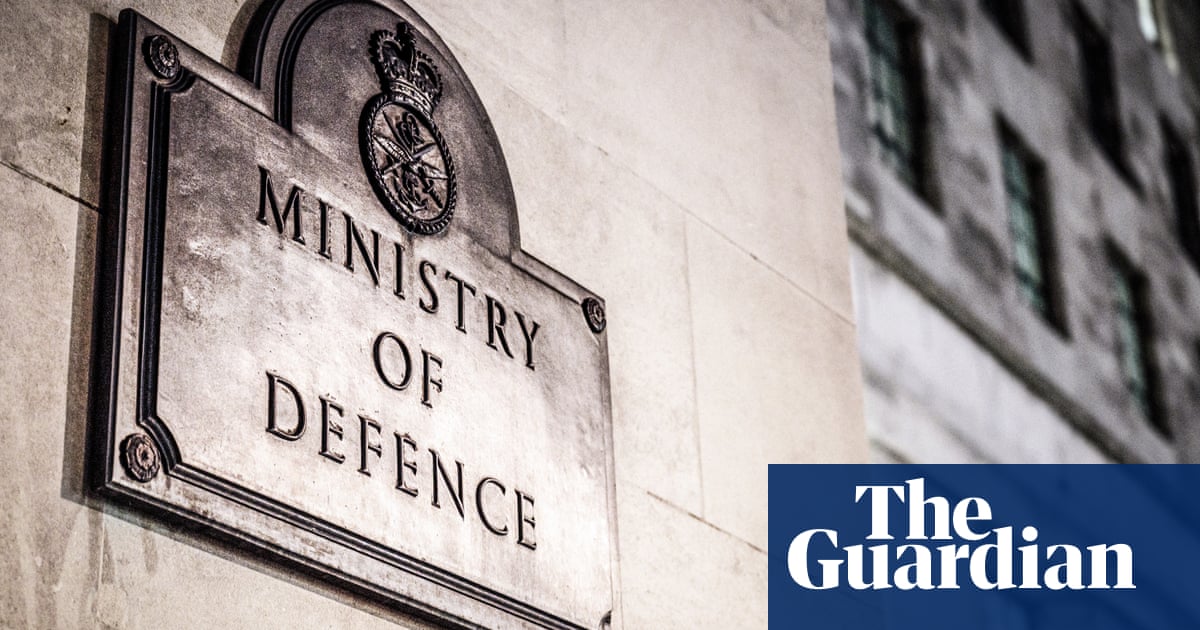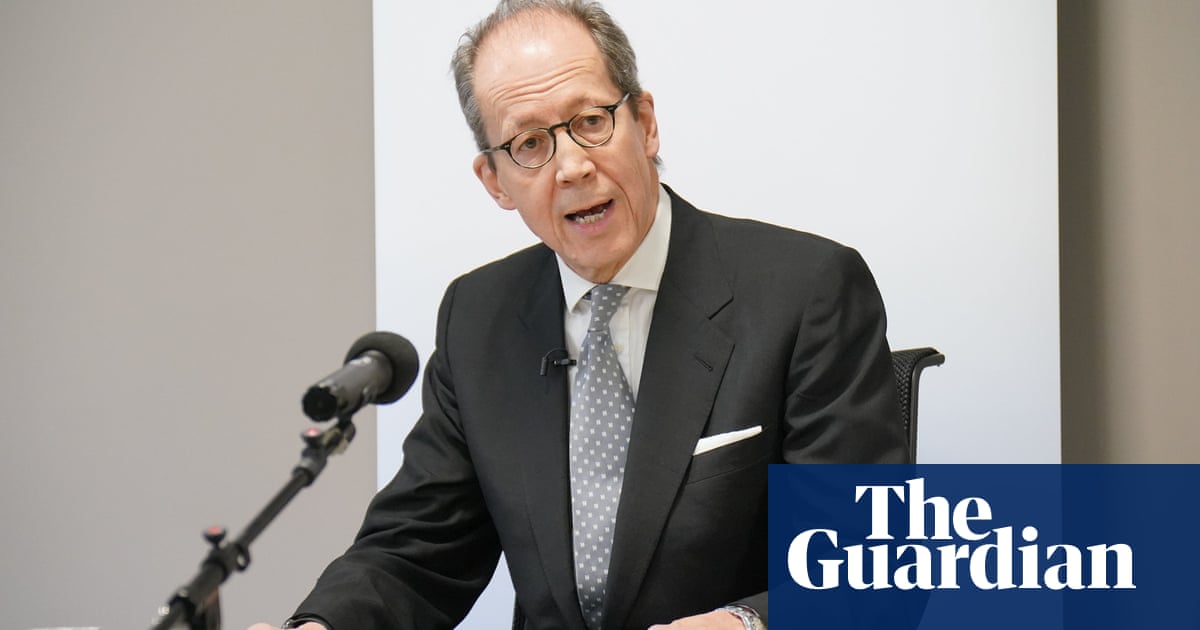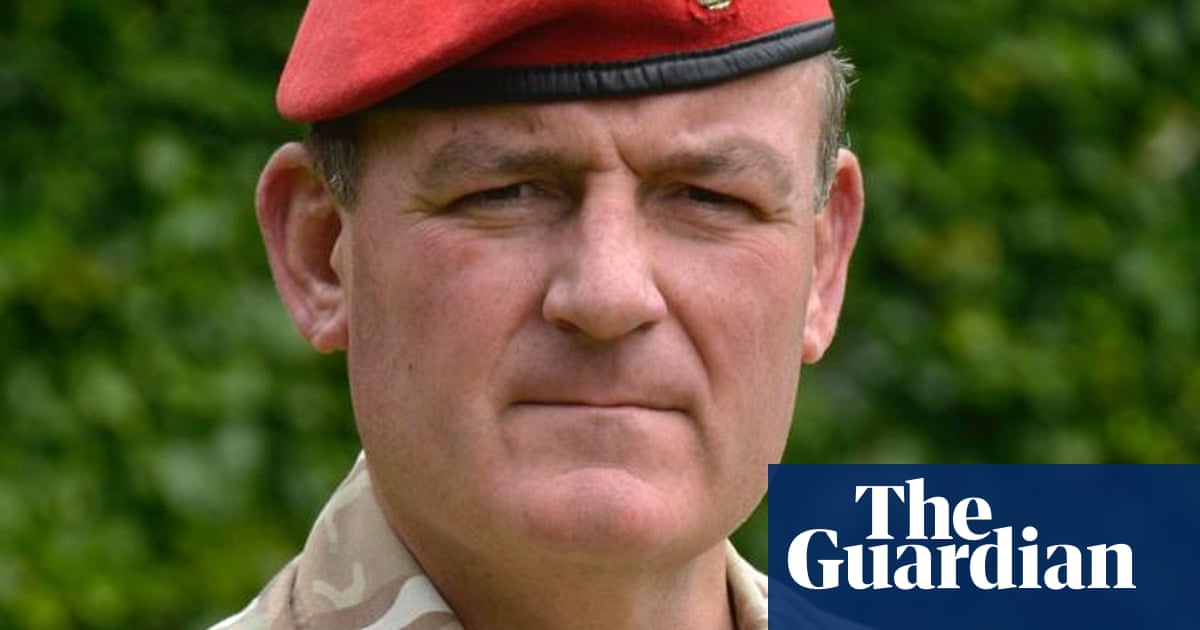
Senior figures in Downing Street were calling in 2016 for the SAS to have its “wings clipped” as it emerged that a growing number of suspected murders of Afghan civilians were being investigated by military police.
Critics of the elite unit’s behaviour were led by Jeremy Heywood, who at the time was cabinet secretary to the then prime minister, Theresa May, according to a memo cited last week during a public inquiry into allegations of unlawful SAS killings in Afghanistan.
The note, written by the head of Britain’s military police, David Neal, in September 2016, records there were “no shortage of detractors” in Whitehall of SAS conduct, amid direct criticism from other senior officials.
The previous day, Neal had met Stephen Lovegrove, the most senior civil servant at the Ministry of Defence (MoD), who warned he was “troubled” by a culture within Britain’s special forces.
“They had gone too far and that there was an increasing ‘loss of sympathy’ for [UK special forces] in No 10 and the Cabinet Office and that some felt that it was time for it to ‘have its wings clipped’. There was no shortage of detractors and that in particular the cabinet secretary, Sir Jeremy Heywood, was a detractor,” Neal wrote.
Concerns were circulating about up to 80 deaths from the SAS deployment in Helmand province between 2010 and 2013, many of which involved the shooting dead of Afghan civilians on SAS night raids.
Nine people were allegedly killed on one raid while sleeping, the inquiry heard earlier this week, and several others were killed after allegedly producing a grenade or AK47. Concerns about conduct circulated within the SAS with the inquiry citing emails describing one deadly incident as “the latest massacre”.
That led eventually to the formation in 2014 of Operation Northmoor, a military police inquiry into allegations of unlawful killings by the SAS in Afghanistan. By 2016, it was beginning to identify a small number of members of the elite unit for possible arrest, and the progress of the inquiry was shared with Downing Street.
A letter sent to No 10 in February 2016 warned that “information from highly credible armed forces sources” suggested that “the Royal Military Police are now investigating a number of cases of suspected murder of Afghans” by members of UK special forces.
It was sent by Graeme Biggar, the chief of staff to the defence secretary, at the time, Michael Fallon, and delivered to Simon Case, the official in charge of the prime minister’s office. Heywood and the attorney general, Jeremy Wright, were copied in to the correspondence.
The letter was also cited this week in a statement to the inquiry by Richard Hermer KC, acting on behalf of the families of 33 Afghan victims. “Knowledge of suspected wrongdoing by UK special forces was thus apparently widespread at the very top of the government,” Hermer said.
The barrister went on to argue that the inquiry, chaired by Lord Justice Haddon-Cave, needed to establish whether military police investigations “may have been tainted by political pressure and improper interference”.
Operation Northmoor was ultimately closed down in 2019 and no prosecutions were brought. However, two legal challenges on behalf of victims’ families and investigative journalism by the BBC and others led to the release of internal MoD material that persuaded the former defence secretary Ben Wallace to commission a public inquiry, which is continuing.
An MoD spokesperson said: “It is not appropriate for us to comment on allegations which may be within the scope of the statutory inquiry and it is up to the statutory inquiry team, led by Lord Justice Haddon-Cave, to determine which allegations are investigated.”





